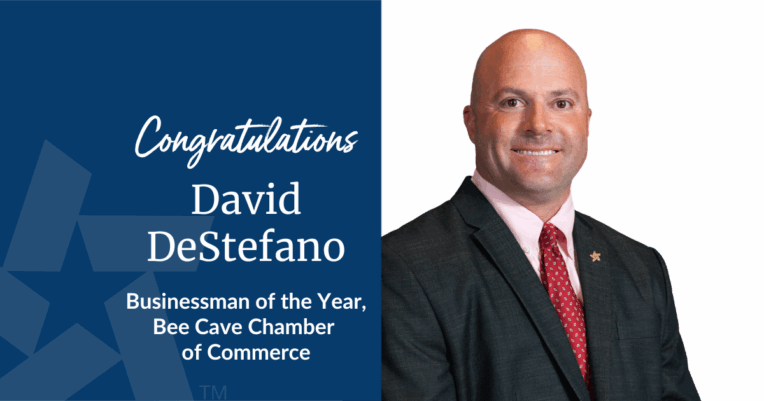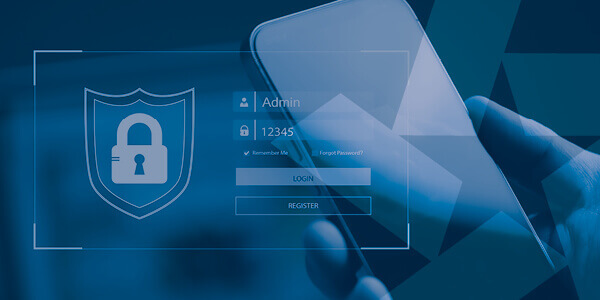Key Takeaways:
- It’s common for insurance claims, government assistance, and charitable donations to spike after disasters, but the increase in activity often comes with a rise in fraudulent schemes.
- Scammers may use cold calls, emails, social media messages, or even door-to-door solicitations to deceive well-meaning individuals or exploit disaster survivors.
- Double-checking another source of information, hanging up and calling back a trusted phone number, or calling your community banker, need to be standard practices.
- Minutes can matter when your money is on the line, and ‘the people you know’ at TRB recommend establishing a relationship with your community bank to take advantage of that personal connection.
Disaster Fraud: Avoid Post-Season Scams and Cyber Threats
As hurricane season begins to wind down, insurance claims, disaster relief filings, and donation opportunities tend to surge. Unfortunately, these moments of generosity and recovery also create openings for scammers and fraudsters to exploit those who may let their guard down during emergencies.
In 2023, the nation accumulated more than $93 billion in catastrophe losses in the aftermath of natural disasters, according to the National Insurance Crime Bureau (NICB), and they estimate about 10% of those funds—$9.3 billion—are lost to post-disaster fraud.
While it’s common for insurance claims and government assistance to spike, and for communities to rally with charitable donations and support, the increase in activity often comes with a rise in fraudulent schemes. Scammers may use cold calls, emails, social media messages, or even door-to-door solicitations to deceive well-meaning individuals or exploit disaster survivors.
The following best practices and resources from the people you know can help you stay vigilant, safe, and well-informed in the aftermath of this hurricane season.
Post-Disaster Direct Scam Attempts
FEMA and the National Center for Disaster Fraud (NCDF) have issued cautionary statements to help you remain vigilant and avoid post-disaster fraud and scams.
Here are three common scams use to defraud survivors:
- An individual claiming to be affiliated with an official agency knocks on your door asking for personal identification information or payment details for future services.
- An individual calls you to confirm your personal information or banking information in order to secure your future services or disaster relief.
- A contractor claims to be at your home for a damage inspection and asks for payment or payment details for future payments.
Post-Disaster Cyber Threats
The Cybersecurity and Infrastructure Security Agency (CISA) reminds everyone to stay alert for potential malicious cyber activities during and after natural disasters. Fraudulent emails and social media messages with hurricane-related subject lines, malicious links, or suspicious attachments are especially common.
Follow these best practices to protect yourself:
- Exercise caution: Avoid interacting with unsolicited emails or text messages related to hurricanes and natural disasters, especially those containing hyperlinks or attachments. These could be classic phishing or smishing attempts.
- Verify sources: Only trust guidance and updates from official sources like known local authorities, FEMA.gov, or Ready.gov. If you are suspicious about a communication, call a trusted source directly to confirm.
- Be skeptical of unsolicited requests: Treat unexpected social media pleas, text messages, or door-to-door solicitations with caution, and do not share sensitive information except through confirmed official channels.
Resources to Stay Safe
To help you avoid falling victim to scams or malicious activity, CISA recommends reviewing the following resources:
- Federal Trade Commission (FTC): Staying Alert to Disaster-related Scams and Before Giving to a Charity.
- Consumer Financial Protection Bureau (CFPB): Frauds and Scams.
- FEMA.gov: Disaster Fraud Guidance.
- CISA: Phishing Guidance: Stopping the Attack Cycle at Phase One.
Think It’s Fraud? Ask ‘The People You Know’
Safeguarding customers and surrounding communities against fraud is a top priority for TRB, especially in times of heightened vulnerability like during, and immediately following, hurricane season. By providing expert guidance, raising awareness about common scams, and promoting cybersecurity best practices, the people you know at TRB can assist you with tools and knowledge to stay protected.
“Scammers thrive on chaos and desperation, often targeting vulnerable communities during natural disasters,” said Omar Rodriguez, Senior Infrastructure Engineer and Cybersecurity Specialist at TRB. “Staying informed and vigilant is the first step to protecting yourself, your loved ones, and your community.”
Whether battling your own relief efforts or assisting those in your community, together with vigilance and informed action, you can combat disaster-related fraud and safeguard the well-being of all affected by recent natural disasters.






